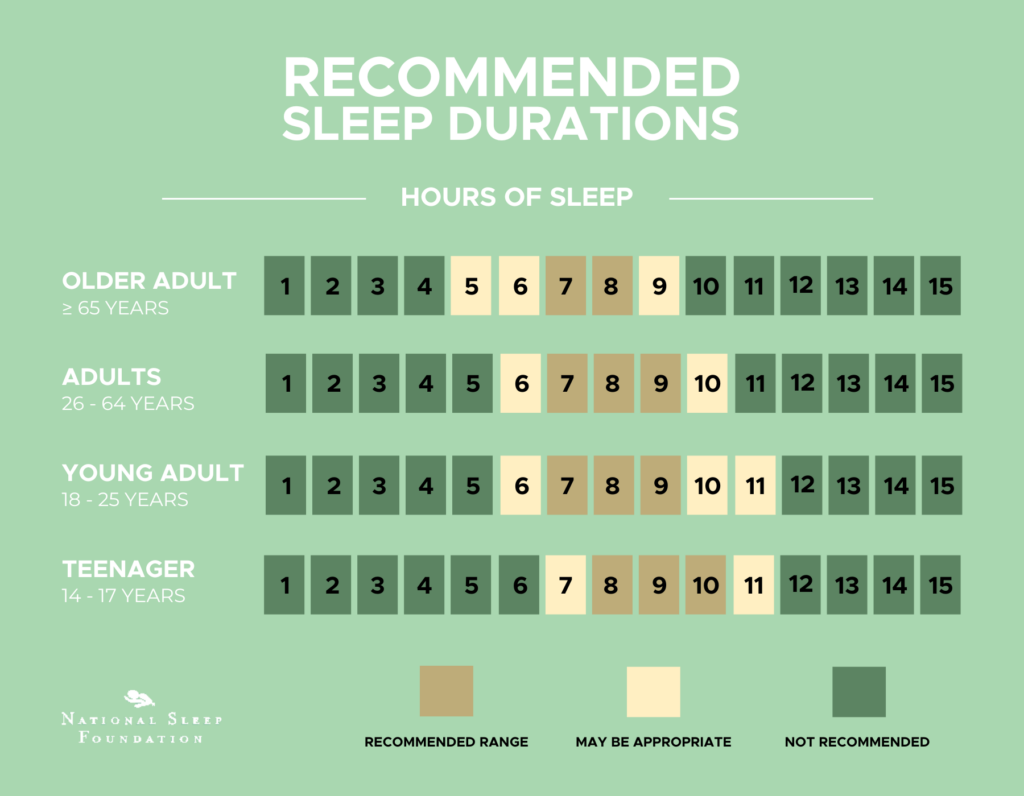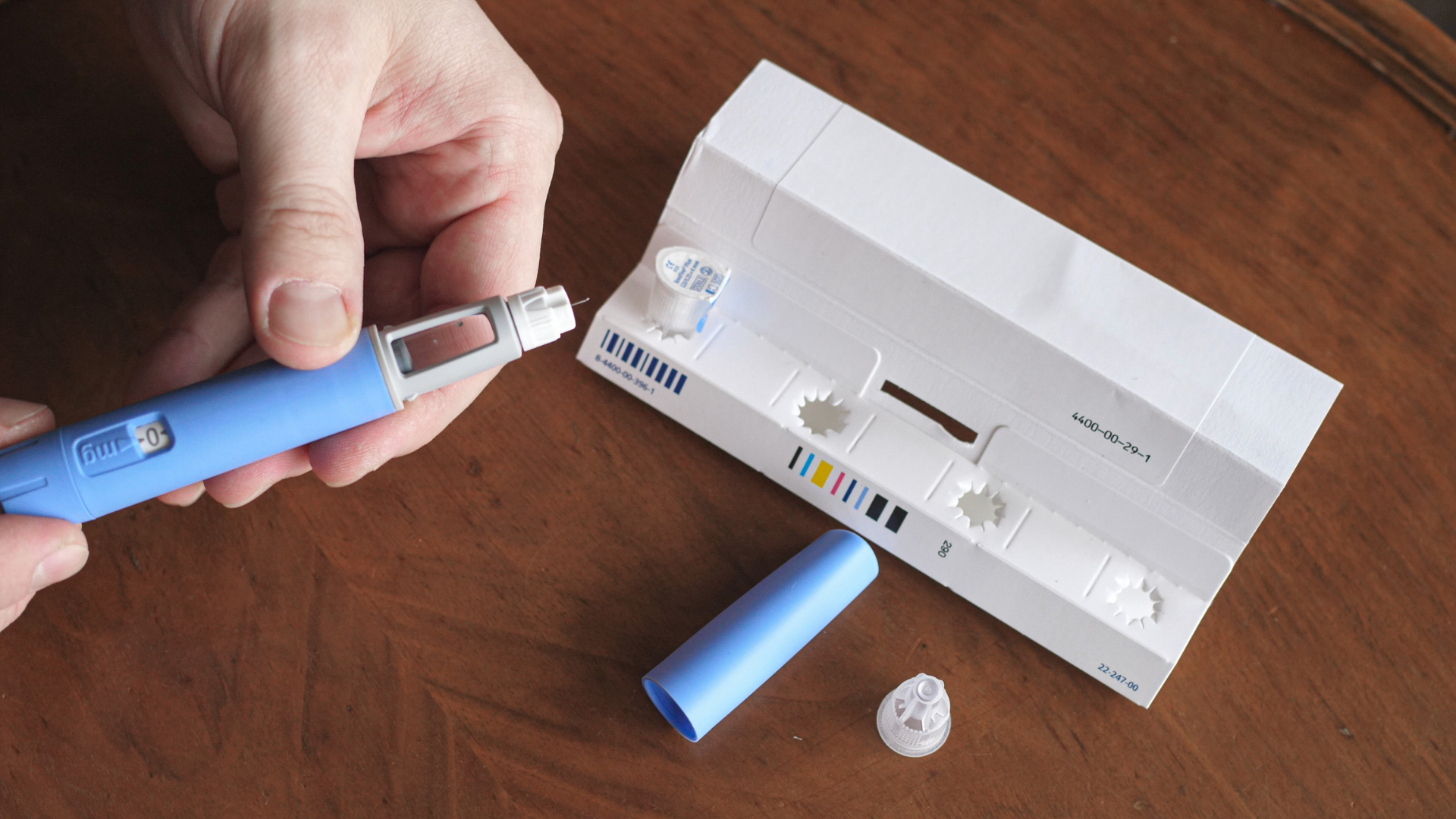Bedtime routines aren’t just for kids; they’re fundamental for adults too. Good sleep habits, also called sleep hygiene, are the best way to achieve quality shuteye regularly. Your nightly routine prepares your body for rest; without a healthy, established pattern, it impacts your quality and amount of sleep. Poor sleep can negatively affect several aspects of your health, from migraines and high blood pressure to an increased risk of heart disease. We’re going to cover why adequate rest is essential and how to establish a wind-down routine.
Why Restful Sleep is Important
Regular quality sleep is the key link to our mental and physical health. To eat healthily and work out consistently without getting adequate Zzzz’s is counterproductive; it negates all the hard work you put into the day. With sound slumber, your cognitive health improves as well as your mood, and the rest of your health follows.
Some of the common consequences of sleep deprivation are:
- High blood pressure
- Diabetes
- Heart disease
- Stroke
- Depression
- Weight gain
- Compromised immune system
- Low sex drive

The recommended amount of sleep for teenagers is eight to ten, for adults seven to nine, and for older adults seven to eight hours. There isn’t a definite number of hours of sleep that guarantees you’ll wake up feeling completely rested; it depends on the individual and their lifestyle. It might take time to identify the exact number that works for you.
The Ideal Bedtime Routine
A routine establishes habits and helps your body separate the day from the night. Following a pattern will minimize the chances of developing sleep disorders and reduce anxiety. Making your bedroom sleep-friendly is the first step to ensuring a good night’s rest. This includes darkening your room, removing distractions (TV, phone, etc.), having a comfortable bed, and setting the ideal temperature. The second step is to decide on your sleep/wake schedule; what time you need to doze off to get your recommended hours of sleep. The third step is to create and stick to a nightly schedule.
Here is an Example of an Optimal Bedtime Routine:
- Put down the phone. Several clinical studies have reviewed the adverse effects of increased phone time right before you doze off. The majority of studies concluded that restricting phone use before bedtime helps increase sleep duration and improves sleep quality. We recommend shutting down all screens for a minimum of 30 minutes prior to bedtime.
- Set yourself up for a successful tomorrow. Taking care of quick chores the night before can create a productive environment for the morning. Other small things to include can be picking out your outfit, planning your day, and making a to-do list for the next day can help reduce anxiety and start your morning strong. This is important so that the stress of having too much to do the next morning is reduced allowing for a better mindset for a restful sleep.
- Have some bedtime tea. A nice cup of warm caffeine-free tea can calm your mind and muscles. It’s essential that the tea is caffeine-free and to avoid caffeine four to six hours before bedtime. Too much caffeine will impact your ability to get some shuteye.
- Listen to music. Playing relaxing music will take your mind off of your anxieties. The genre is irrelevant as long as you consider it calming. It can be a song by your favorite band or simple white noise. We love the Deep Sleep playlist on Spotify.
- Meditate or journal. Taking time to reflect on your day and focusing on tranquil thoughts will lull your mind to slumber. Writing down any worries or whatever is on your mind also rids your mind of any worries. Also allows you to free up mental real estate for more productive thoughts.
- Stretch. Practicing some light yoga or stretching relaxes your body and eases any sore muscles. A nice stretch can improve the quality of sleep. We love Hot Yoga!!
- Read a book. Curling up with a good book is a go-to for finding comfort, but before bedtime, steer away from thrillers or suspense books. A book that is too exciting is hard to put down.
- Get into bed. Slipping into bed is the final step. Now that you’ve relaxed your body and mind, it’s time to snooze. Try to keep your A/C at a cold setting between 65-69 degrees.
A critical aspect of good sleep hygiene is to dedicate your bed for only sleep and sex. Staying in bed reading or watching tv can trick your mind into thinking your bed is a space for alertness.
Achieve Great Sleep with BioCure
Never underestimate the power of a good night’s rest. Occasionally, a perfect bedtime routine might not suffice. Underlying health issues can disrupt sleep patterns. One way to get a more comprehensive understanding of our health is to sprak to one of our Doctors about completing a micronutrient testing. Our micronutrient test can determine if you’re deficient in essential vitamins or nutrients; some deficiencies can impact sleep habits. After identifying any deficiencies, a variety of vitamins and peptide therapy might be the solution. Undergoing these therapies can help improve the quality of sleep. Contact BioCure today to learn how we can help you get the best night’s sleep.







